Laura Alber: The Powerhouse
In a rare interview, Williams-Sonoma Chief Executive Officer Laura Alber, 45, sounds off on how to ace an interview, surviving her toughest crisis, and the media's double standard for women at the top.
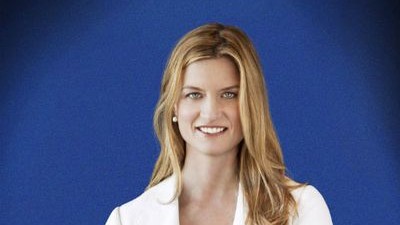
MARIE CLAIRE:
What was your first job?
LAURA ALBER: While I was in college at the University of Pennsylvania, I had my own small business making and selling hats. They were floppy, velvet things in style at the time. It gave me confidence about the idea that you could use your creativity to build something that wasn't there before. After I graduated, I moved out West and got a job as a merchandise trainee at the Gap. It was a wonderful job that made me realize that a career in retail allows you to be both creative and analytical—and affords you the opportunity to see the world. That combination of disciplines attracted me.
MC:
You've been with Williams-Sonoma for 18 years. What was your first position with the company?
LA: I was the senior buyer in the Pottery Barn catalog division. [Williams-Sonoma owns Pottery Barn, West Elm, Rejuvenation, and Mark and Graham.] I learned so much so quickly. I actually studied art and architecture and the history of furniture so I could get caught up, because at that point everyone at Williams-Sonoma was either an architect or a chef or had some small business. I fell in love with both the products and the company's entrepreneurial spirit.
MC:
What does that mean—how is the company entrepreneurial?
LA: There's an openness to developing ideas. The majority of the big projects that we've had at the company we've started ourselves. When hiring, we actually screen for self-starters, people who make a difference.
MC:
How do you do that? What is the interview process like?
Stay In The Know
Get exclusive access to fashion and beauty trends, hot-off-the-press celebrity news, and more.
LA: I tend to meet candidates in several different places, both in and out of the office. Making mistakes on people is one of the biggest mistakes you can make, so it's a pretty extensive and thorough process. You have to know your subject matter. If you're applying for a job in merchandising, I would expect that you knew everything in our catalog, had a point of view about what you liked and what you didn't. You should have gone to the stores and asked questions about what's selling and what's not. Show those observation skills and natural curiosity in an interview. I think that really makes people stand out.
MC:
What idea are you most proud of?
LA: That's a complicated question for me—it's thanks to a lot of people that we're able to do the things we've done. For example, 16 years ago, there was a group of us pregnant for the first time. Back then, there was nothing out there to serve our market, which was starved for good taste and high quality. So we wrote a business plan for Pottery Barn Kids, did all the design, all of it after-hours. We actually moved all the cars in our office parking lot and set up a concept store there. We jumped through all these hoops because we wanted to make it so appealing that it would be difficult to refuse. And today it's a big business for us.
MC:
You were groomed for the CEO job by your predecessor for several years. What was that experience like?
LA: Howard [Lester, the former Williams-Sonoma chairman and CEO, who died in 2010] and I were very close. He built the company, and it was the most important thing to him besides his family. He spent a lot of time pushing me really hard and testing me. He gave me supply chains and operations to run when I became president. I actually told him that I'd rather run another brand than oversee operations, but he said, "No, you need to learn this," and he was absolutely right. He knew it would've been hard to have a CEO without an operations background. I wouldn't have called him a mentor—he was my boss, he was a partner. I spent a tremendous amount of time with him. And I asked his advice constantly.
MC:
Who do you go to now for advice?
LA: I ask everybody questions, all the time. I'm not afraid to ask questions—whether it's peers, friends, colleagues, in the stores. If it's not completely obvious to me, I seek a lot of viewpoints.
MC:
What's been the most challenging decision or period during your tenure at the company?
LA: Obviously, everybody learned a ton during the recession. I think it's easy to be a good leader when business is good, but you really see people's leadership skills when business gets tougher. We cut a lot of waste that is forever gone. We're careful about hiring. We never want to let people go because we've hired too many.
MC:
You don't do a lot of interviews. Why?
LA: Well, the first reason is that I'm busy working. My priority is my job. And the second reason is that I'm mindful of the way women are portrayed in the media. I don't want to do an interview just because I happen to be female.
MC:
Do you think there's a double standard in how women are covered in the media?
LA: A lot of times in interviews, questions are asked that would never be asked of a man. I don't want young women to believe that it's so difficult to be a CEO because they're female, or that they have to be so concerned about having children because it must be so difficult. Everyone spends so much time talking about it. There was not a big contemplative moment when I chose to have children. I didn't sit around and worry about it. I just did it.
MC:
What changes have you seen in your customers since you've been at Williams-Sonoma?
LA: Our customers have a lot more choices than they did before. They're more traveled, they've tried foods from around the world, and they're more confident in their individual style. People like to entertain because they can show off their homes and their cooking abilities.
MC:
You've talked about your company going back to its roots. What do you mean by that?
LA: In April 2012, we acquired the site of the first Williams-Sonoma store in Sonoma, California, as well as [founder] Chuck Williams' house behind it. We are still in the concept stage, but we want to honor his legacy by focusing the space on history, education, and community. Customers will be able to experience the joy of cooking through events and interactive sessions with visiting chefs there.
MC:
The holidays are obviously an important time of year for your company. What gifts impress you most?
LA: I love simple, personalized items—crisp white towels with white monograms, silver bookmarks. I love when people make jams and DIY gifts. Last year someone gave me a handmade sewing kit in a mason jar. Personally, I love giving knives. People always need good knives. But in general, I spend way too much time gift giving.
-
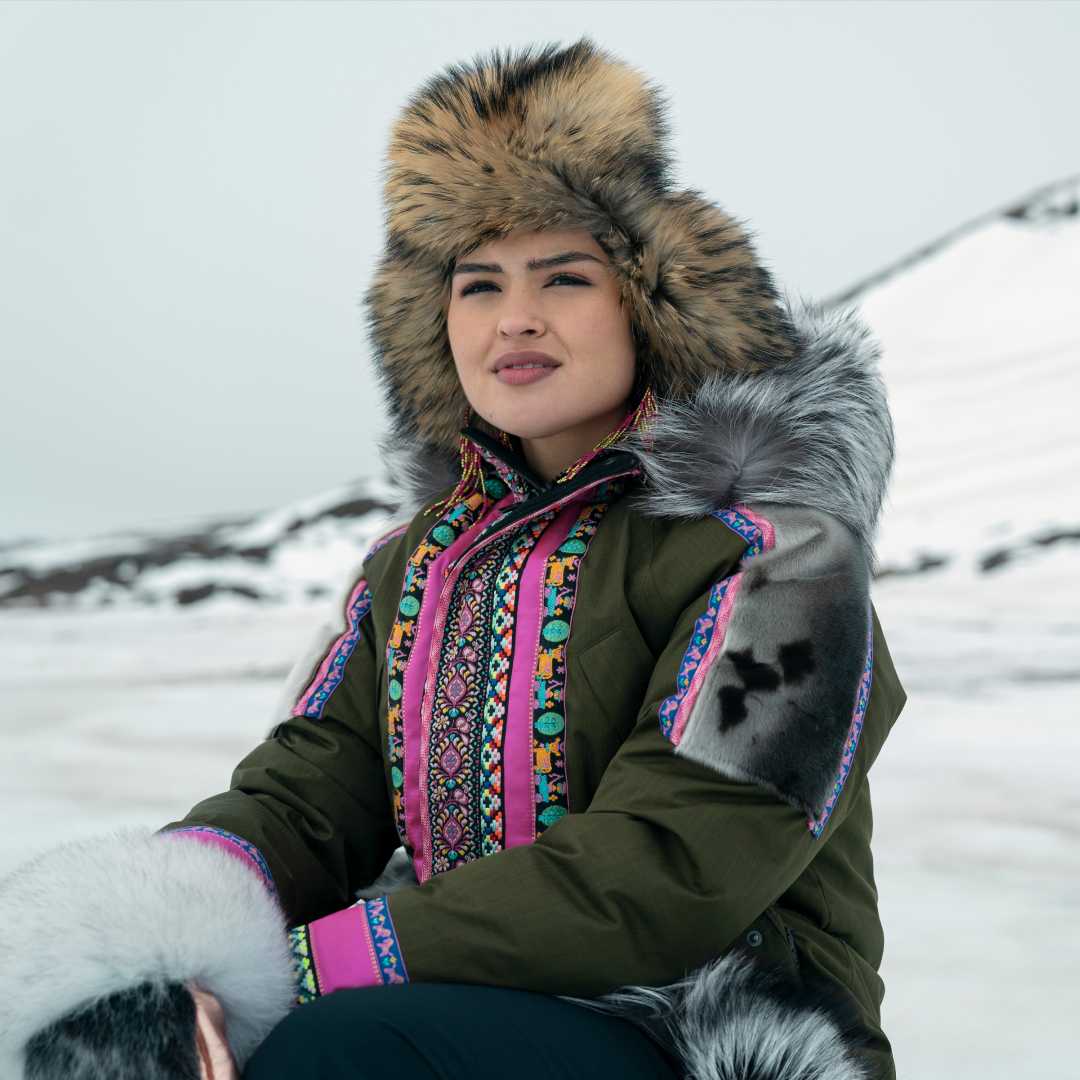 Netflix's 'North of North' Transports Viewers to the Arctic Circle—Meet the Cast of Inuit Indigenous Actors
Netflix's 'North of North' Transports Viewers to the Arctic Circle—Meet the Cast of Inuit Indigenous ActorsThe new comedy follows a modern Inuk woman determined to transform her life.
By Quinci LeGardye
-
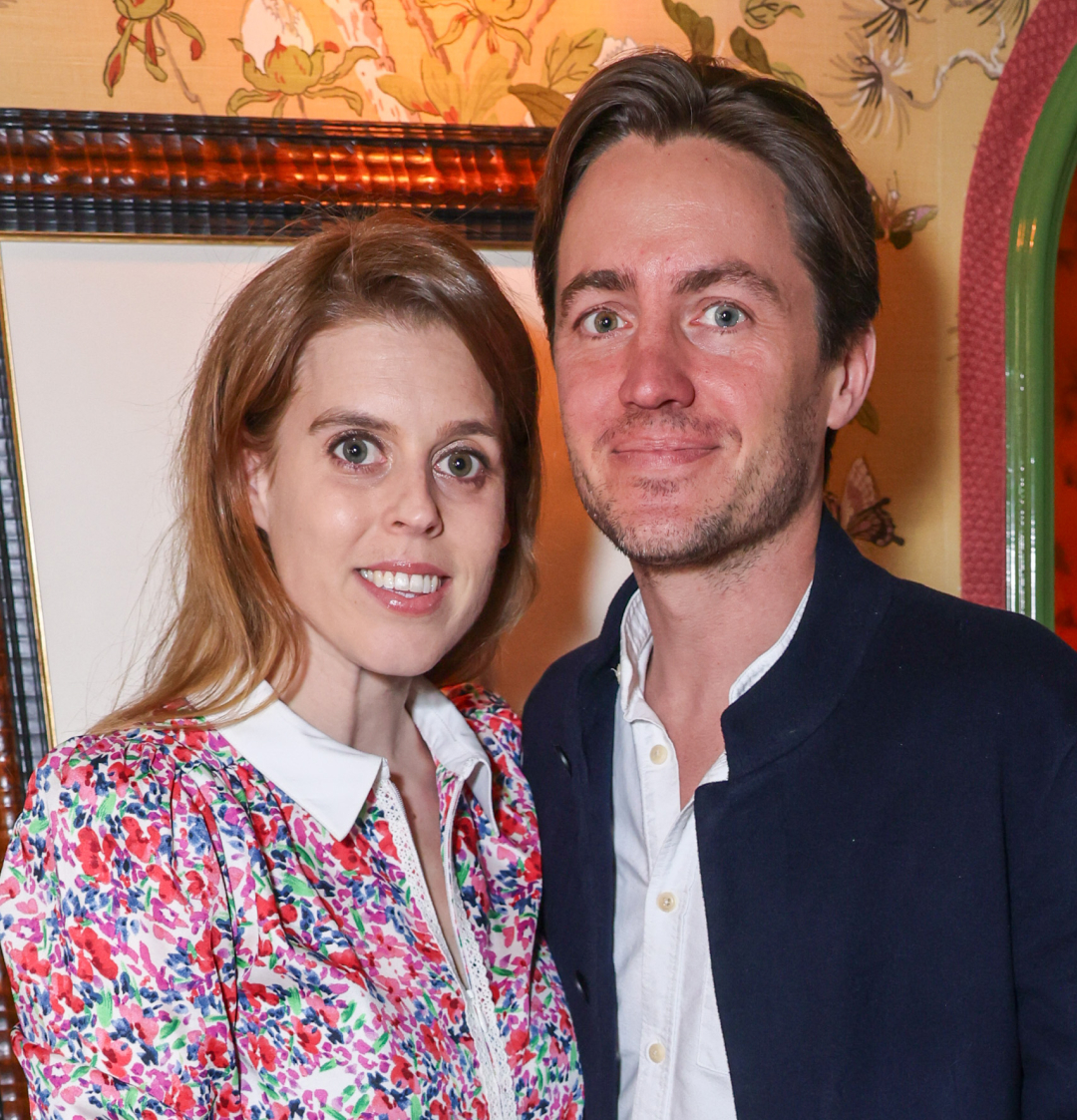 Princess Beatrice's Husband Pays a Rare Tribute to These Royal Family Members on Instagram
Princess Beatrice's Husband Pays a Rare Tribute to These Royal Family Members on InstagramEdoardo Mapelli Mozzi shared some behind-the-scenes snaps from the F1 Grand Prix in Bahrain.
By Kristin Contino
-
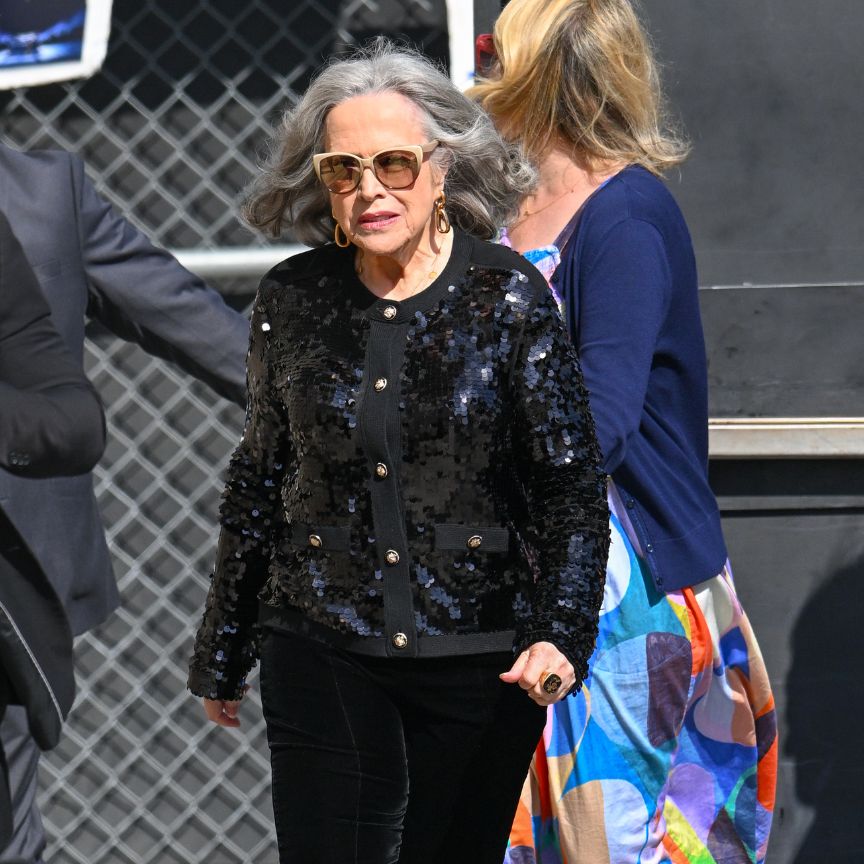 Allow Kathy Bates to Convince You to Grow Out Your Grays
Allow Kathy Bates to Convince You to Grow Out Your GraysOne look at her new style and you'll be canceling your root touch-up pronto.
By Ariel Baker
-
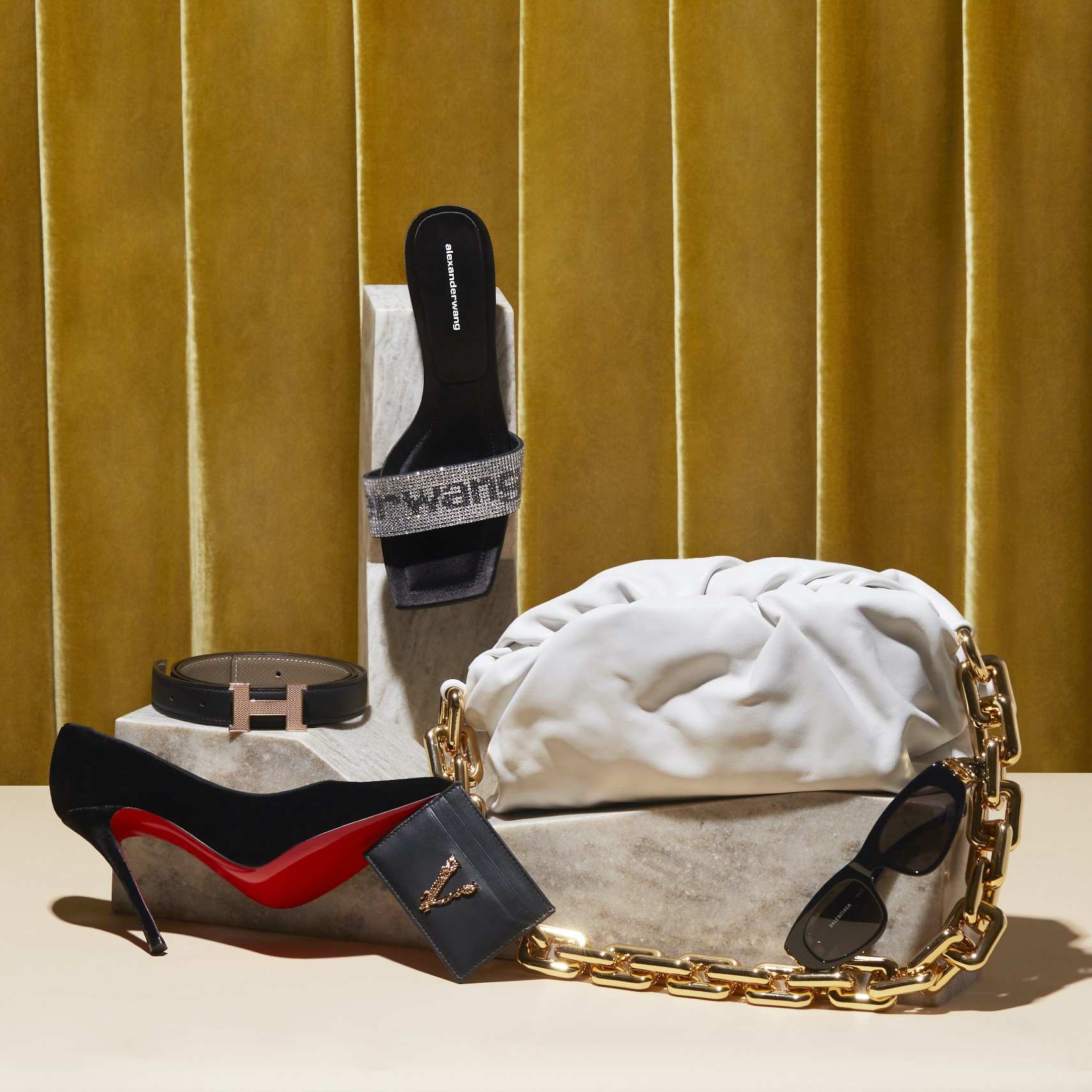 Behind the Scenes of a Women-Led Acquisition
Behind the Scenes of a Women-Led AcquisitionEver wonder what goes on during an M&A deal? Here, Tradesy founder Tracy DiNunzio reveals what it's like to say goodbye to the company she built as it merges with Vestiaire Collective.
By Tanya Benedicto Klich
-
 Peloton’s Selena Samuela on Turning Tragedy Into Strength
Peloton’s Selena Samuela on Turning Tragedy Into StrengthBefore becoming a powerhouse cycling instructor, Selena Samuela was an immigrant trying to adjust to new environments and new versions of herself.
By Emily Tisch Sussman
-
 This Mutual Fund Firm Is Helping to Create a More Sustainable Future
This Mutual Fund Firm Is Helping to Create a More Sustainable FutureAmy Domini and her firm, Domini Impact Investments LLC, are inspiring a greater and greener world—one investor at a time.
By Sponsored
-
 Power Players Build on Success
Power Players Build on Success"The New Normal" left some brands stronger than ever. We asked then what lies ahead.
By Maria Ricapito
-
 Don't Stress! You Can Get in Good Shape Money-wise
Don't Stress! You Can Get in Good Shape Money-wiseFeatures Yes, maybe you eat paleo and have mastered crow pose, but do you practice financial wellness?
By Sallie Krawcheck
-
 The Book Club Revolution
The Book Club RevolutionLots of women are voracious readers. Other women are capitalizing on that.
By Lily Herman
-
 The Future of Women and Work
The Future of Women and WorkThe pandemic has completely upended how we do our jobs. This is Marie Claire's guide to navigating your career in a COVID-19 world.
By Megan DiTrolio
-
 Black-Owned Coworking Spaces Are Providing a Safe Haven for POC
Black-Owned Coworking Spaces Are Providing a Safe Haven for POCFor people of color, many of whom prefer to WFH, inclusive coworking spaces don't just offer a place to work—they cultivate community.
By Megan DiTrolio